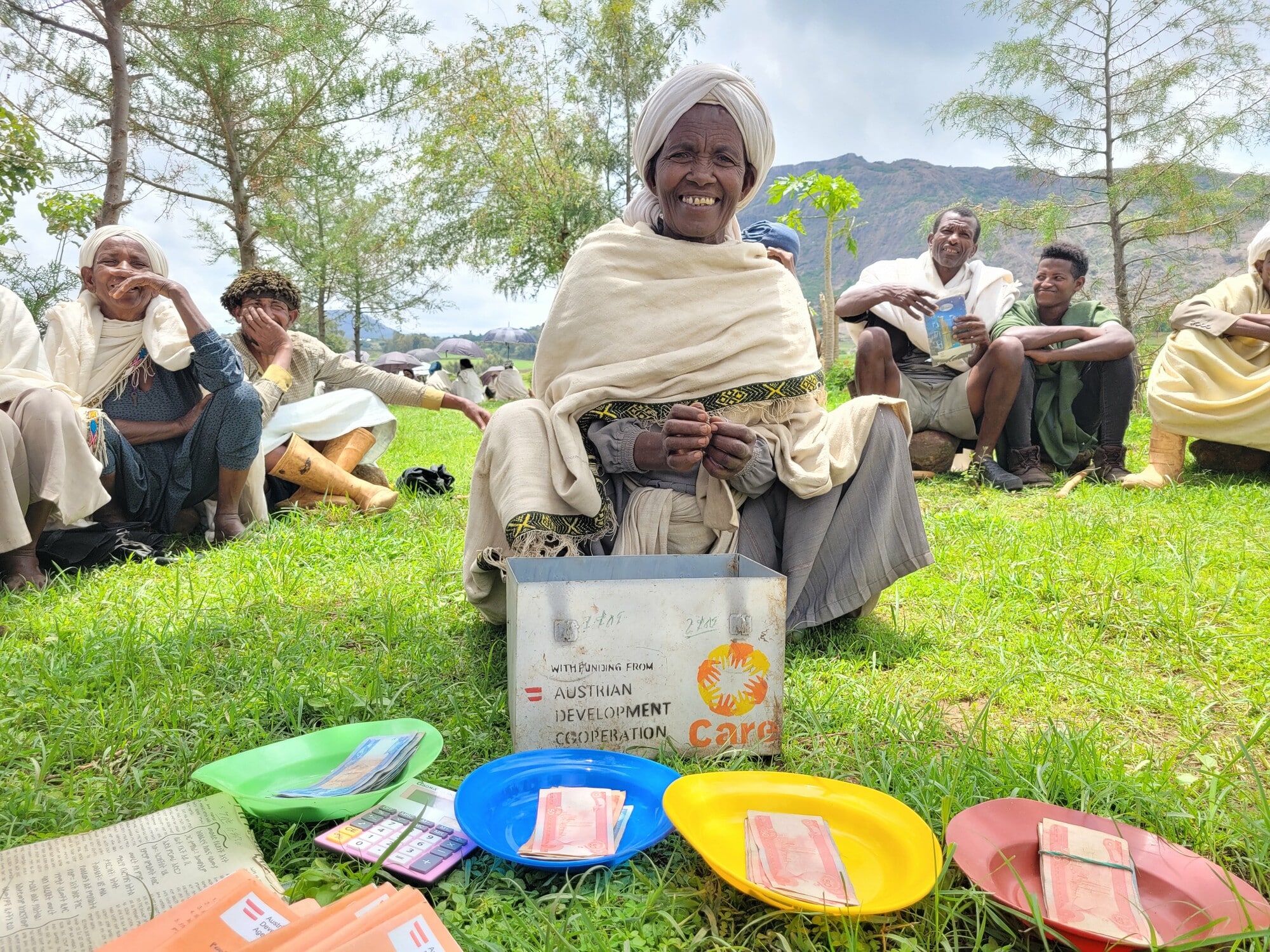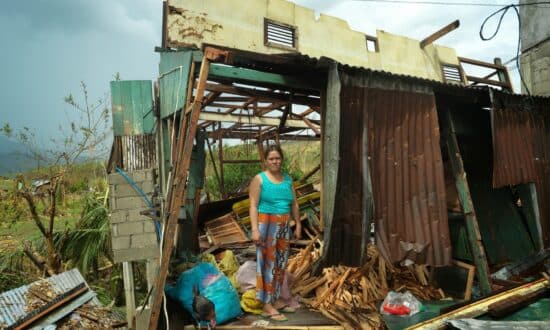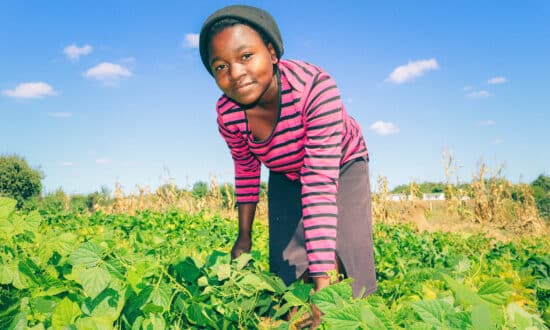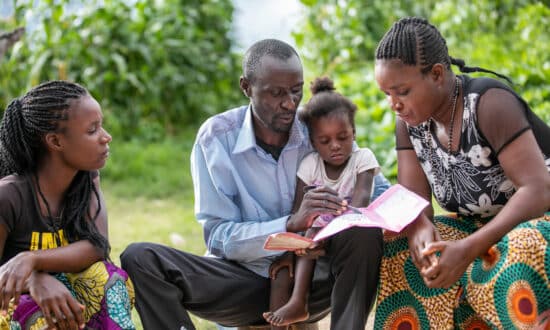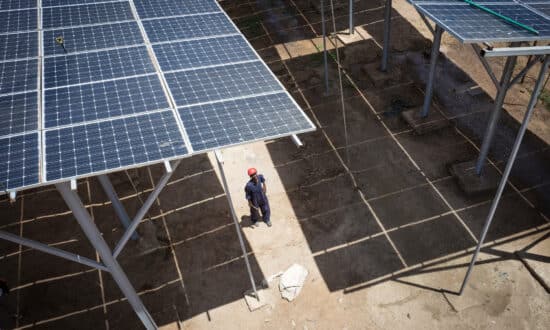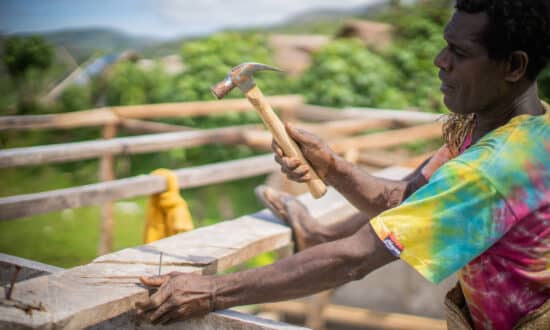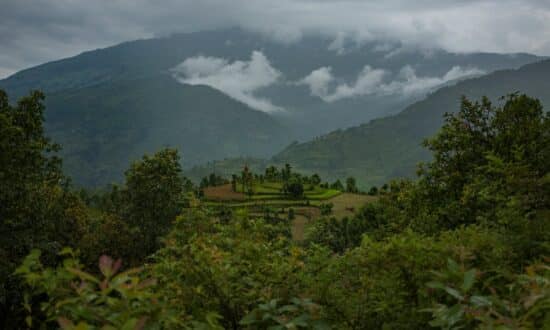Financial services are economic activities and services provided by the finance industry and include business, credit union, banking services, insurance, accountancy, stocks, and investments, particularly including mobile money services. The services also include savings or deposit services, payment and transfer services, credit and insurance, and social protection instruments.
- Formal financial services: economic services provided by financial institutions regulated and supervised by governments, and include semi-formal financial services that are not regulated by banking authorities but are usually licensed and supervised by other government agencies, such as credit unions and credit cooperatives.
- Informal financial services: Informal financial services are those that are provided outside the structure of government regulation and supervision.
CARE aims to only include financial services that have intentional links with actions that support climate resilience. For example:
- Loans from individuals, VSLAs, or banks to invest in new climate resilient practices (e.g., purchase of a pump for irrigation, digging a well to get through the prolonged drought season, diversifying livelihoods).
- Informal emergency cash loan from family to respond to climate shock or stress (e.g., floods, typhoons, droughts, etc.)
- Savings to ensure a financial buffer to recover after a climate shock or stress.
- Farmers turn in part of their harvest and are given a loan by a local microfinance institution working with the project/community.
- Crop insurance that offers farmers post-disaster liquidity, offering protection to their livelihood.
- Health insurance that can help face health consequences from heatwaves.
- Receipt of social protection payments through public works programs addressing climate change impacts (tree planting or other natural resource restoration programs).
